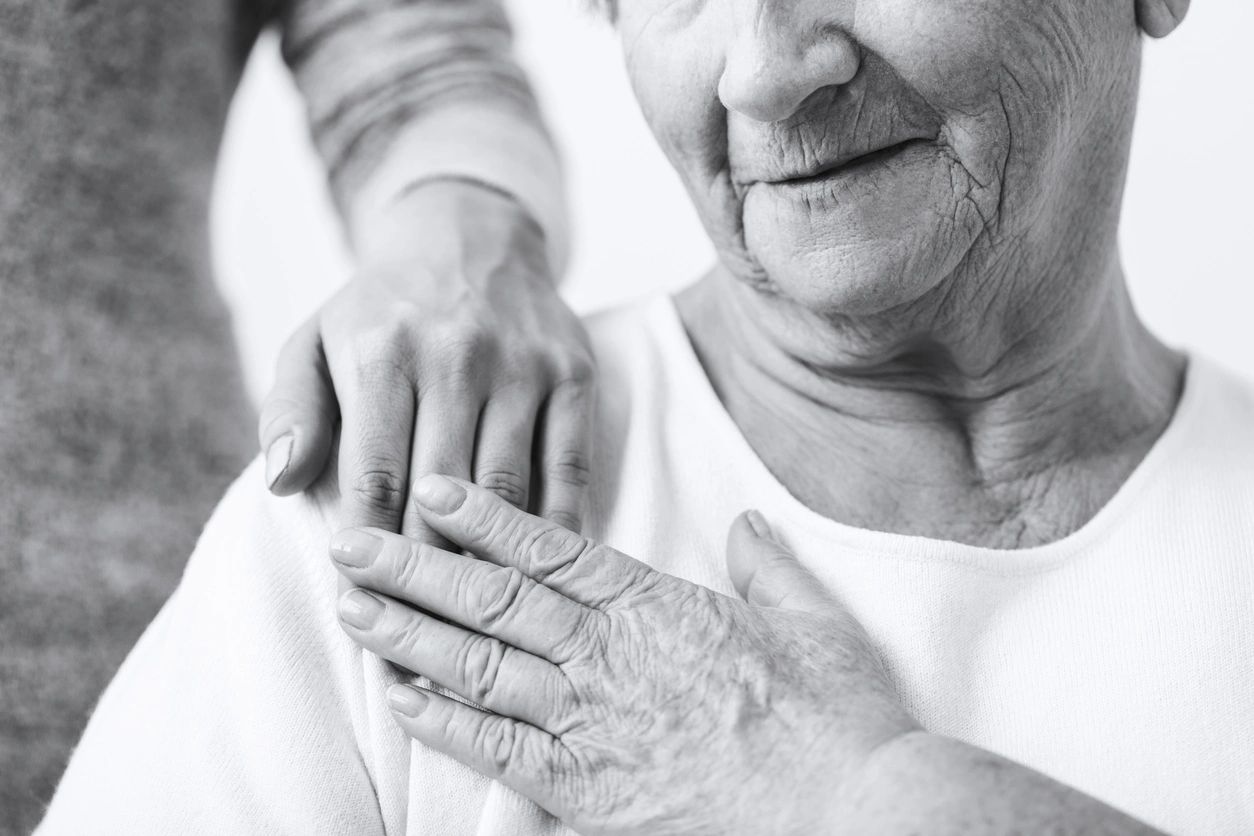Having sound mental health throughout one’s life does not exempt a person from Alzheimer’s disease, depression, anxiety and other similar disorders at an old age. The elderly are more prone to mental disorders and other complications than a younger person. However, it is possible to diagnose these problems once they are accurately detected.
Many times, seniors are reluctant to seek psychiatric help. Psychiatric help can enable them to lead a normal life after the problem or disorder is alleviated. Older people sometimes refuse to acknowledge mental illnesses, and take it in their stride describing it as an inevitable element of the aging process. If timely, mental health treatment given to the elderly can reverse the suffering.
Never ignore visible changes in a senior’s behavioral pattern, as these could be symptoms related to dementia, Alzheimer’s disease or depression which could be treated.
The most widespread of all mental disorders is depression. If one notices the following changes in a person for more than a couple of weeks they must seek help.
- Feeling, hopeless, helpless and crying unnecessarily
- Is irritable and dislikes activities which were formerly enjoyed
- Is unable to concentrate, confused and disoriented
- Thoughts of death and suicide
- An increase or decrease in appetite
- Persistent fatigue and lethargy
- Insomnia and constipation
Since the metabolism in elderly people is low, medications taken stay in the body for a prolonged period of time and can turn toxic. Moreover, taking more than one medication causes mood swings and other complications.
The brain constantly requires a steady supply of proper nutrients. Malnutrition can upset the functioning of the brain. Lack of vitamin B causes depression and irritability and could lead to dementia. Lack of sugar in blood causes confusion and drastic change in ones personality. Inability to chew well could make the elderly person give up some vital nutrients, leading to health disorders.



